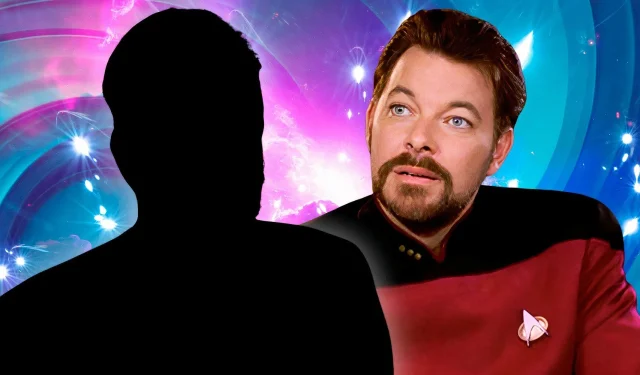Commander William Thomas Riker, played by Jonathan Frakes, is undoubtedly one of the most quintessential characters introduced in Star Trek: The Next Generation (TNG). At the inception of TNG, the series drew heavily from the legacy of Star Trek: The Original Series. In its debut season, Riker often mirrored Captain James T. Kirk (portrayed by William Shatner). However, as the show progressed, TNG carved out its unique identity, allowing Commander Riker’s character to evolve well beyond the shadow of Captain Kirk, particularly as the series matured.
Throughout the series, Riker distinguished himself as an exemplary officer within Starfleet. A notable aspect of his character is his tendency to decline promotions to captaincy, preferring to serve as the first officer under the esteemed Captain Jean-Luc Picard (portrayed by Patrick Stewart). Riker led numerous away missions, took command of the Enterprise in Picard’s absence, showcased his trombone skills, and excelled in poker games. Yet, it wasn’t until the sixth season that TNG deeply explored Riker’s character through the introduction of a pivotal figure: Lieutenant Thomas Riker, the clone of Commander Riker.
Lieutenant Thomas Riker’s Role as a Mirror to Commander Will Riker
The Lieutenant Highlights Commander Riker’s Evolution
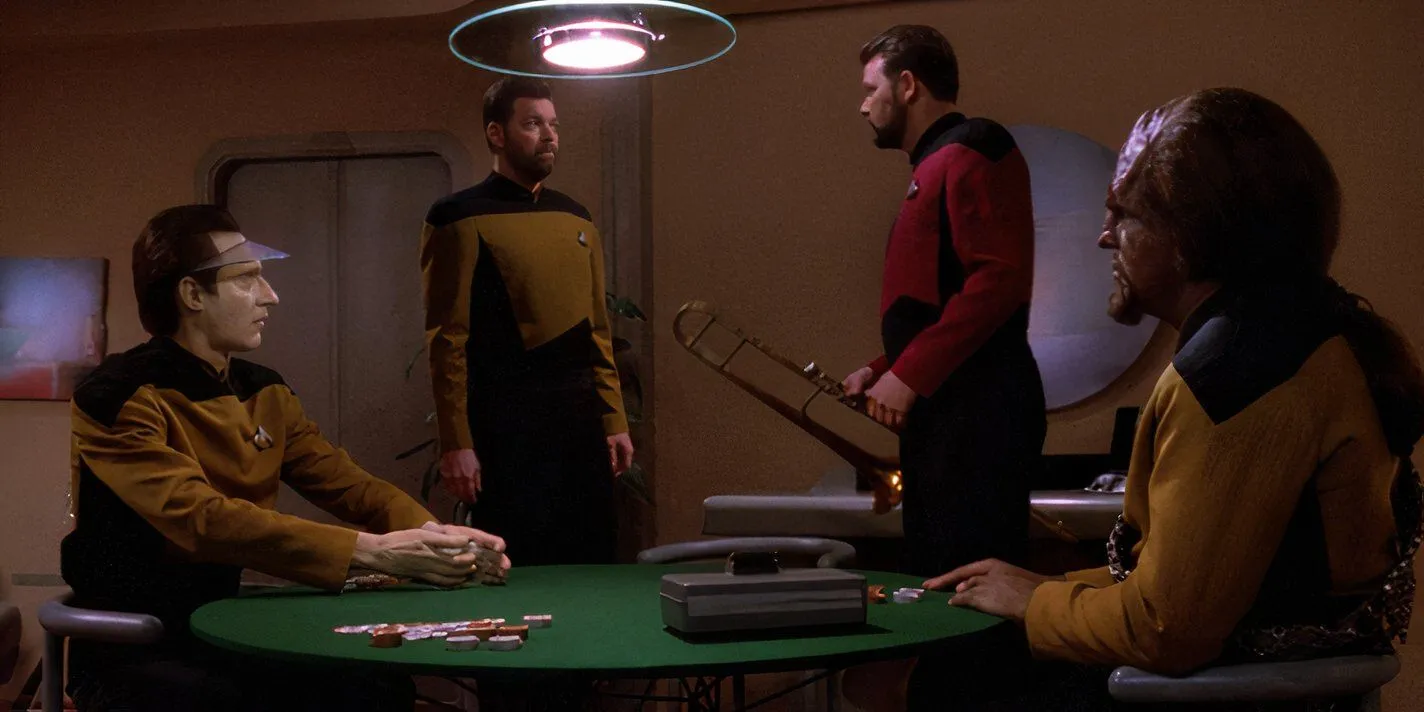
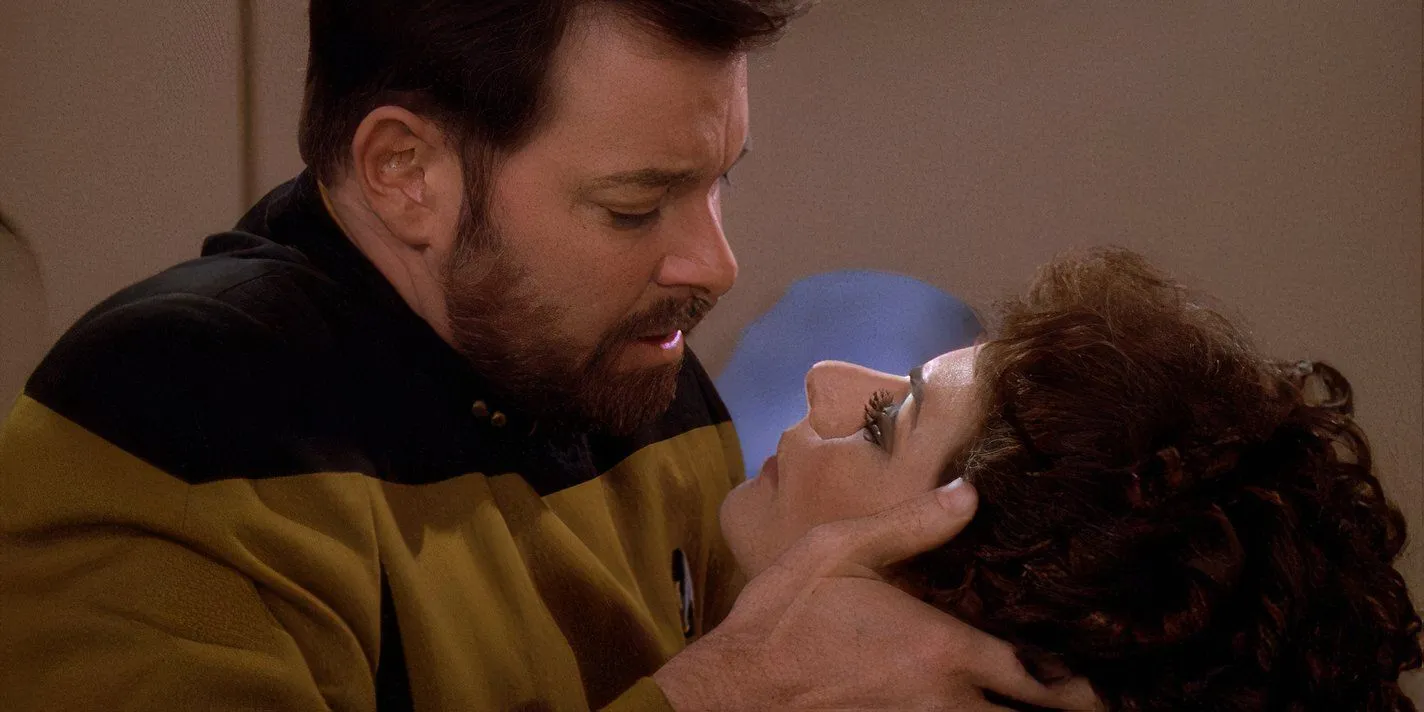
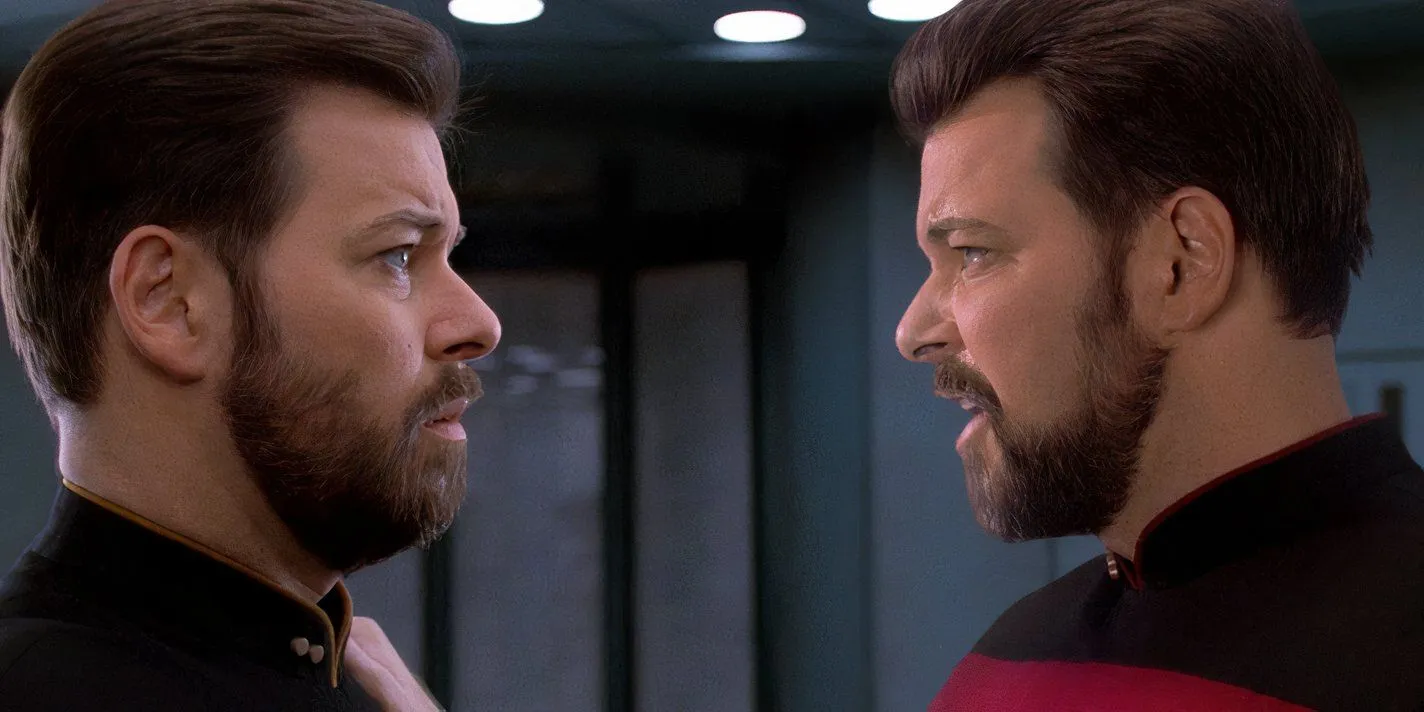
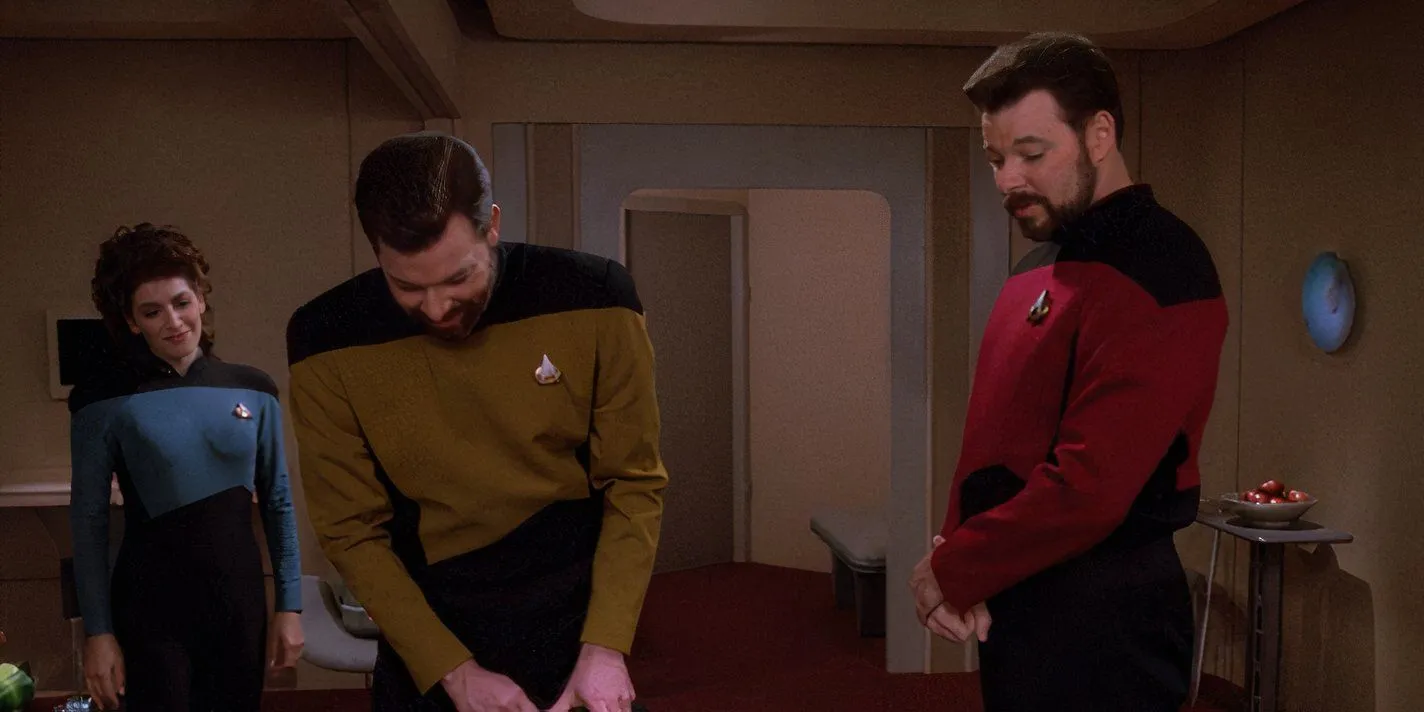
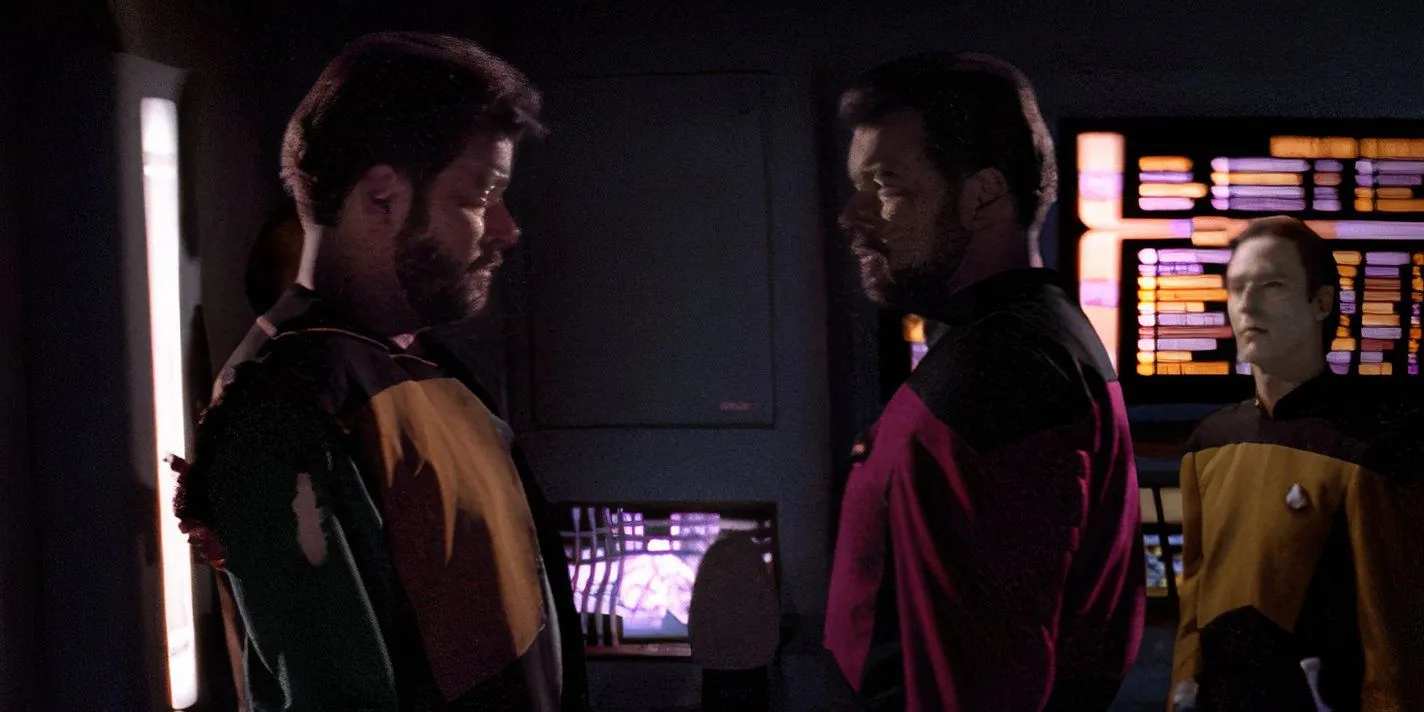
The episode “Second Chances”reintroduced Commander Riker’s transporter clone, Lieutenant Thomas Riker, providing an in-depth exploration of Will Riker’s psyche. Throughout TNG, Commander Riker often appears composed and self-assured, able to tackle any challenge. His development over the six seasons is notable yet subtle. The confrontation between Lt. Riker and Commander Riker underscores the considerable introspection and effort Will Riker has invested in his personal growth.
Having been stranded on Nervala IV for eight long years, Lt. Riker’s emotional and relational development stagnated, frozen in a pre-TNG state. During those years, Commander Riker reconciled his complex relationship with his father, Kyle Riker (played by Mitchell Ryan), ended his romance with Counselor Deanna Troi (Marina Sirtis), and became adept at navigating the command structure of the Federation’s flagship. In stark contrast, Lt. Riker harbors resentment towards his father, desires to rekindle his connection with Troi, and demonstrates a willingness to act outside of command directives to pursue what he believes is right.
In essence, Lt. Thomas Riker serves as a representation of what Commander Will Riker might have become under less fortuitous circumstances. His existence highlights that Commander Riker’s accomplishments were not merely a product of innate talent; they resulted from years of conscious effort to embody the ideals of Starfleet.
Star Trek: DS9’s Exploration of the Rebellious Nature of Both Rikers
An Important Yet Often Overlooked Aspect of Will Riker
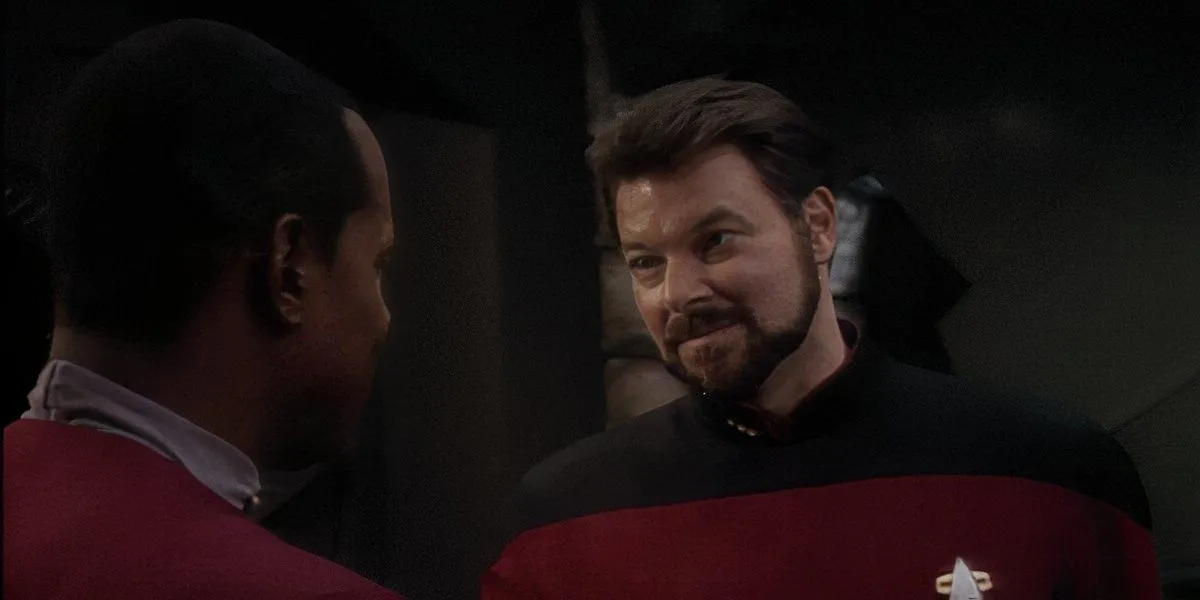
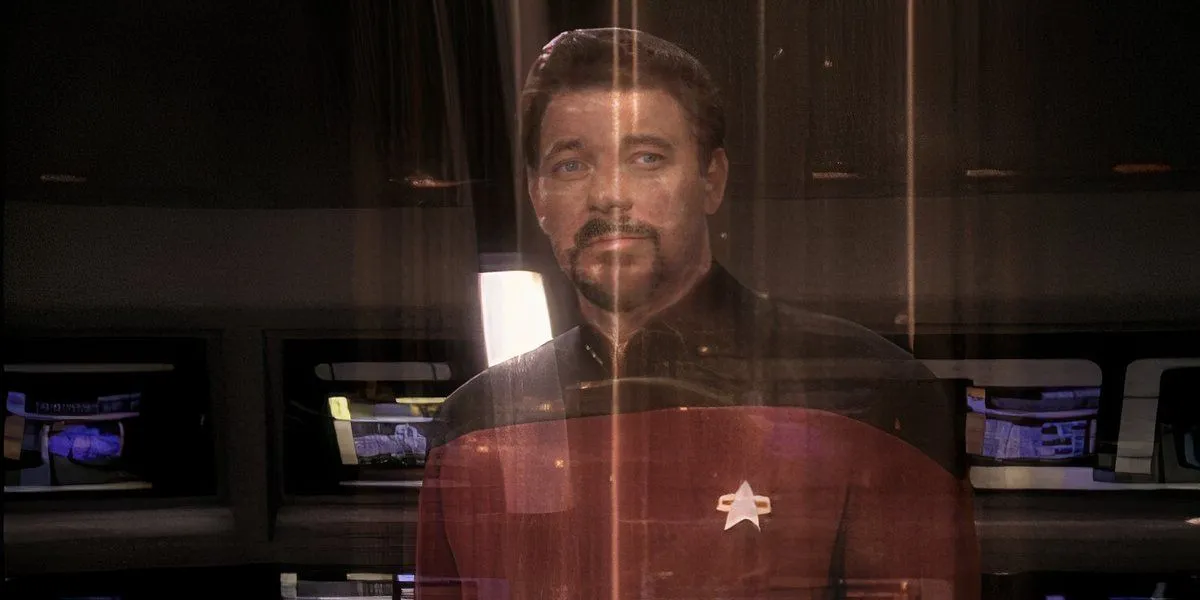
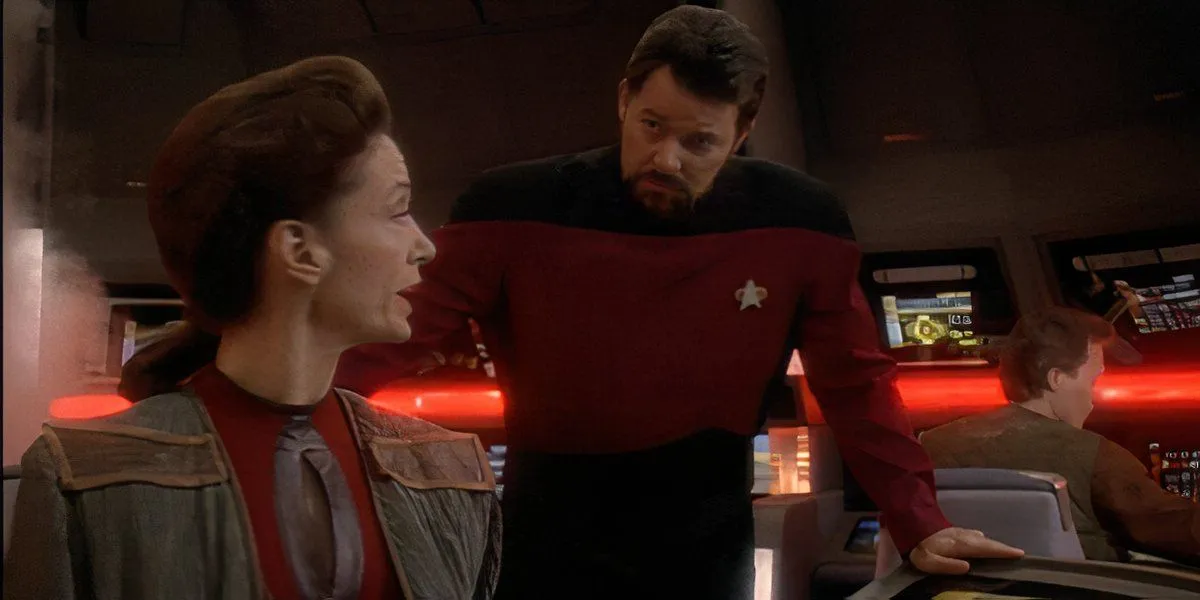
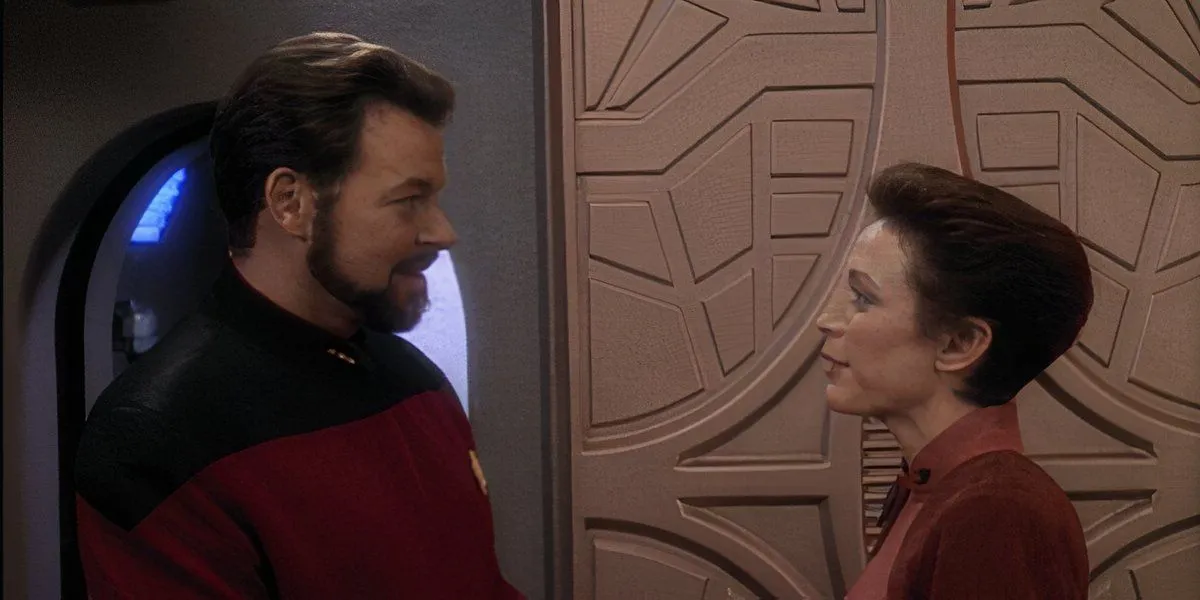
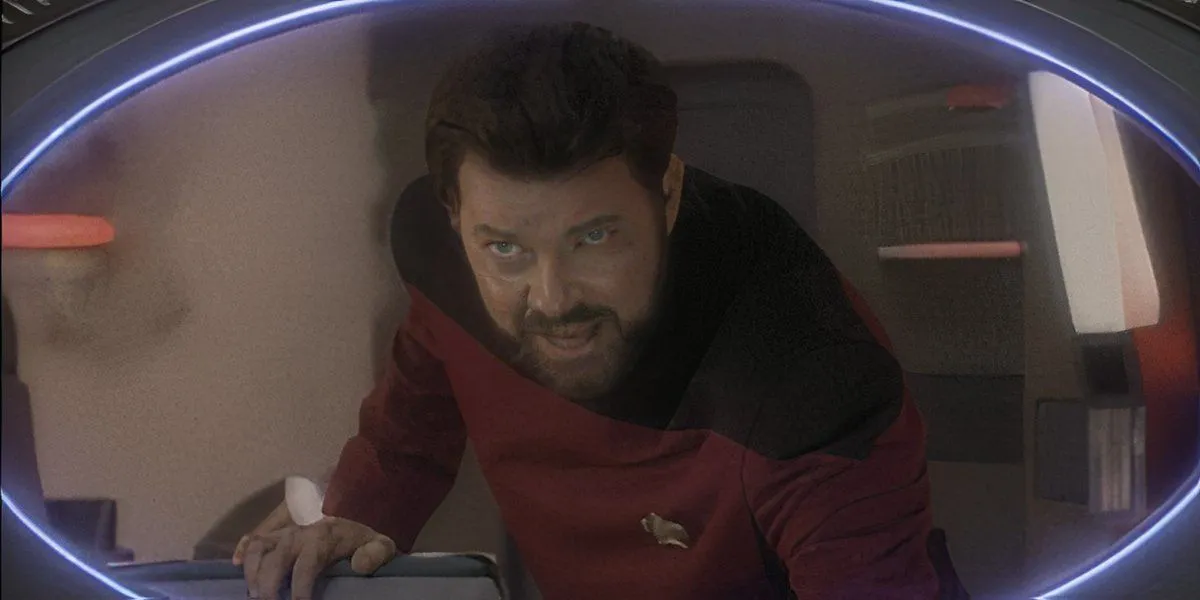
Lieutenant Thomas Riker made his final appearance in TNG’s “Second Chances,”only to return in a subsequent episode of Star Trek: Deep Space Nine. In the season 3 episode “Defiant,”he impersonates Commander Riker while aligning himself with the Maquis. Such acts of rebellion and perceived treachery towards Starfleet would be uncharacteristic for Commander Riker, who embodies loyalty and duty. However, Thomas Riker’s willingness to fight for a cause that contradicts the Federation’s agenda reveals a contrasting viewpoint.
Following the events of TNG, Will Riker ascended to captaincy of the USS Titan, where he continued to balance Starfleet ethics with the ideals of exploration and adventure, establishing a commendable legacy as captain. Conversely, Thomas Riker faded into obscurity. Left imprisoned in a Cardassian labor camp at the end of “Defiant,”his fate was uncertain as he chose to join the Maquis out of a belief that Starfleet could not guarantee the safety of Federation citizens.
While Will Riker exhibited moments of insubordination, particularly under Captain Jellico (Ronnie Cox) in “Chain of Command,”it is clear that both Rikers share a moral compass that transcends their allegiance to Starfleet protocols. When confronted with the ideals of the Maquis, it becomes evident that Will Riker’s actions were not incidental; rather, they signified a deeper moral conviction.
Will Thomas Riker Ever Return to Star Trek?
The Outlook is Not Promising

At the conclusion of his appearance in Star Trek: Deep Space Nine, Thomas Riker found himself imprisoned on Cardassia. Captain Benjamin Sisko (Avery Brooks) negotiated a reduced sentence, sparing him from a death sentence. However, Cardassian prisons were notorious, and Thomas Riker faced dire circumstances. Despite this, there are hints that suggest he may not have spent his life in captivity.
The turmoil following the Dominion War had a significant impact on the Cardassian Empire, and it is possible that Thomas Riker escaped or was otherwise freed. In the Lower Decks episode titled “The Inner Fight,”Thomas Riker appears on a list of former Starfleet officers needing retrieval, implying he may have been released at some point prior to 2383. This raises the question of whether Thomas Riker is indeed still alive within the Star Trek narrative; however, the likelihood of his return seems slim.
For Thomas Riker to reappear, it would likely require a time travel plotline, which is not a current focus for upcoming Star Trek series, including Star Trek: Strange New Worlds and Star Trek: Starfleet Academy, both set long before the late 24th century. Given these considerations, and the fact that Jonathan Frakes would need to return to a role with such limitations, it appears that Thomas Riker’s character, while an excellent contribution to the complexity of Will Riker, will likely remain a historical footnote in the Star Trek legacy.
